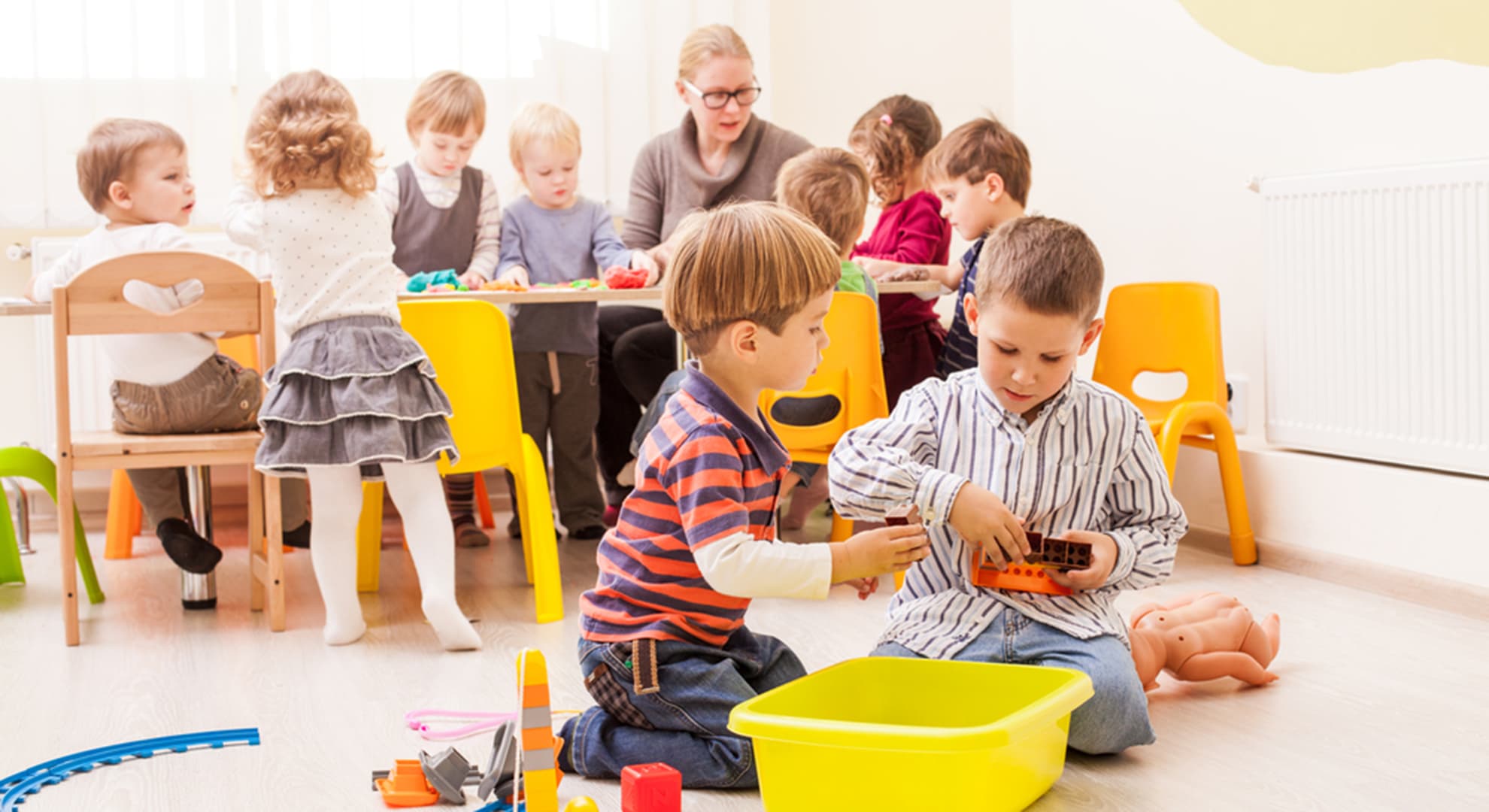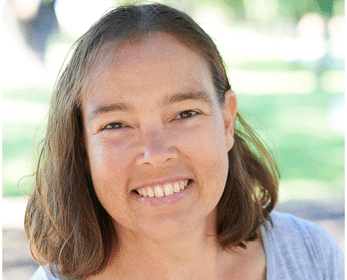New research from Edith Cowan University (ECU) early-childhood lecturer and STEAM researcher Dr Pauline Roberts and her colleagues has found standardised testing of Australian students is having a detrimental effect on the way pre-school children are learning and engaging.
"We need to look at how and why teaching in the early years has been moving away from evidence-informed practices, and that is young children learn through play-based activities," Dr Roberts said.
While NAPLAN doesn’t start for Australian primary school students until grade three, Dr Roberts' research shows it is having an impact on the learning and behaviours of children aged three to pre-primary, exposing that the less play-based learning they engaged in, the less effective their learning was.
"Through play children collaborate and learn from one another, in authentic ways.
"They become more engaged when they are interested in the activity, and therefore become less disruptive in the classroom too," Dr Roberts explained.
Dr Roberts said the narrowing focus of the school curriculum, which puts emphasis on maths and literacy as well as the increased reliance on commercially available programs, means the fun has been taken out of the early years learning.
"It's high stakes because schools are judged against each other, principals must ensure high scores from their students based on their maths and numeracy results, so that narrow focus is starting very early on in their learning years.
"Nowadays you will see kindergarten children sitting in rows on mats, playtime is an activity left for Friday afternoons," Dr Roberts said.
An effective multi-module
During the research study the children were given a seashell to investigate and after much exploring, discussion and problem solving, the children were asked to create an alternate shelter for animals to live in.
“It is technology-based play, the children don’t sit and think I am learning about science or maths, they are engaged and interested, and often go further into solving the problem than we think they will.
“Their engagement increases, and as such there are less disruptions and more positive learning outcomes,” Dr Roberts said.
'Fun' isn't for everyone
Considered less conventional, Dr Pauline Roberts said not all teachers are in support of the multi-modal way of learning, preferring the conventional classroom structure
"What we have found is that some teachers are uncomfortable with child-directed approaches like this.
"Teachers may be concerned about giving up the control, or not having all of the answers, however the evidence shows letting children learn through exploration is the best way, and it’s more fun," Dr Roberts said.
Dr Roberts said she hoped this latest research evidence would give teachers the confidence to explore more play-based learning techniques for the benefit of their students.
You can read ECU early-childhood lecturer and researcher Dr Pauline Roberts’ full research paper Play-Based Learning: Play Pedagogies for Technology Education in The Bloomsbury Handbook of Technology Education (pp. 274-287).
 Dr Pauline Roberts' research shows young children learn more effectively through play-based activities.
Dr Pauline Roberts' research shows young children learn more effectively through play-based activities.



